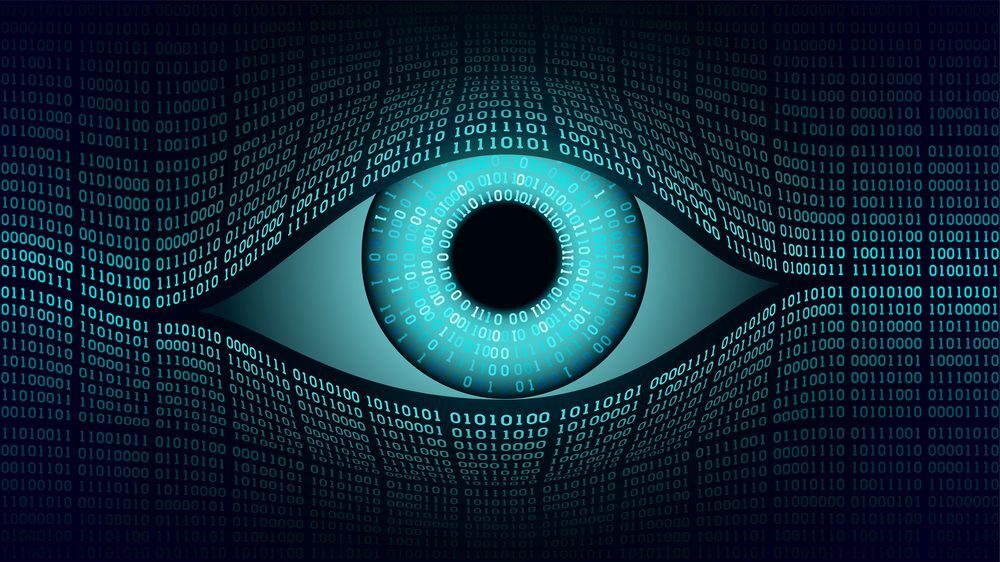
Journalism groups have expressed concern over new proposed European Union legislation designed to protect journalists from governments using spyware and other methods to spy on reporters as some countries have supported exemptions, citing national security interests.
On Monday, June 19th, 65 organisations, including European Digital Rights (EDRi), the European Federation of Journalists (EFJ), Reporters Without Borders (RSF), and several human rights groups published a letter calling on the European Commission to scrap the national security clause from the legislation.
The signatories to the letter also demanded that the Commission change wording in the legislation that they argue could allow journalists to be spied on if they are under investigation for unrelated crimes, listing “arson” and “privacy of products,” as the draft claims that any crime with a prison sentence of five years or more would qualify.
“According to the [Court of Justice of the European Union] case law, only serious crime is capable of justifying a serious interference with the fundamental rights of the individual. When it comes to journalists and media workers the threshold must be higher due to the crucial role they play as public watch-dogs in our democracies,” the letter states.
The national security exception to the draft bill has been led by France, according to a report from Politico, while the French, at the same time, stated they were attached to journalists being able to keep their sources confidential.
The French added that it was “essential to strike a fair balance between the need to protect the confidentiality of journalists’ sources and the need to protect citizens and the state against serious threats … whoever the perpetrators may be.”
According to Politico, the latest text of the draft law from June 16th states that the word “spyware” has been replaced by the term “intrusive surveillance software” and that at least one delegation is wanting the inclusion of a passage noting member states having sole responsibility for their own national security.
The new law comes after several scandals across Europe involving spyware, such as the Pegasus spyware scandal, in which both politicians and journalists were targeted by the software, which was created by the Israel-based NSO Group.
Among those targeted by the spyware were Spanish Prime Minister Pedro Sánchez and Defense Minister Margarita Robles.
In France, several journalists were infected with Pegasus, allegedly by the government of Morocco, according to Amnesty International who analysed the phones of five French journalists.
European governments have also used Pegasus, including Hungary, which cited national security concerns, with Amnesty claiming that around 300 people were targeted, including journalists and business people.
In 2017, a report published in the magazine Der Spiegel alleged that Germany’s Federal Intelligence Service, the BND, had tapped the phone numbers, fax numbers, and emails of foreign journalists since 1999, including major outlets like the BBC and Reuters.
Germany also developed its own spyware back in 2016, the “Bundestrojaner”, which allowed the government to track computer and smartphone data, although it required a court order and was said to be limited to criminal investigations.
